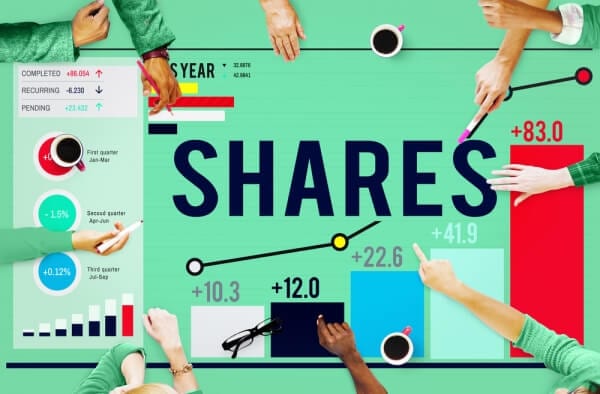How do you protect your finances from inflation especially if you have a second mortgage?
While it is impossible to avoid inflation, you don’t have to suffer the huge impact of the decline in the purchasing power of your money, although you have a second mortgage. If you are careful with your spending decisions today, you may not even have to worry so much about your finances tomorrow. But, as your income increases, bear in mind that your expenses may soar as well. Even if it doesn’t, the prices for goods and services can increase in time.
Shield your finances from the detrimental impact of inflation:
Build Your Home Equity
If you want to get approved for a higher amount of loan in the future, make sure that you build your equity today. You can apply for a second mortgage on top of a first mortgage to save on interests and fees or to make improvements that will increase its future value. While equity usually pertains to the actual value of your home that you own or the amount you paid for. It can also refer to its future value.
It may take a couple of hundred dollars or thousands of dollars to increase the value of your home. But, if you follow the tips below, you can increase your home’s value with just a few extra bucks a month:
- Apply for a short-term low-interest loan (payable on installment basis) to pay for necessary repairs. Look into plumbing and heating problems, roof leaks, and the possibility of installing lightbulbs with slightly higher wattage to add to the value of your home on a budget. Clean the yard (if you have one), mend the fences, and paint your walls with fresh colors to make online casino it more appealing
- Make your house appealing to the realtor by doing a basic cleaning, eliminating unnecessary items and junks to make it more spacious and eliminating house smells
- Install energy saving devices and make environment friendly improvements that future buyers may look for in a home
The comparable selling price in your neighborhood can limit the value of your property. While you may not get a higher value for a home in a neighborhood with huge incidents of foreclosures, making small improvements can help you increase its value before you apply for a second mortgage, or before you retire.
Invest your money wisely
Choose the right investments. It can be in the form of UITF, stocks, bonds, or savings accounts with good interest rates. Some people invest in real estate in industrial areas, or in bustling cities for better returns in the future. Put in money into your retirement savings accounts, pay off loans you took from it and update your payments regularly. If you don’t have a good health plan, perhaps it is time to get one—as you are nearing your retirement age.
Evaluate your budget
Have you been spending excessively in the past year? Or was the expense due to existing debts? Perhaps it is time to earmark certain areas in your budget. Collect the receipts, bills and every proof of purchase you can get, create a spreadsheet of possible adjustments you can make and work towards minimum deviations to make your budget work.
Make lifestyle changes
What is the kind of lifestyle that you really want? As you inch towards your retirement age, it is important to decide how you like to spend it. If you want a life of luxuries, make sure that you have enough money to cover it. Otherwise, it is advisable to minimise luxury spending and to adopt a new lifestyle that matches your current and future income.
Augment your income to avoid the effects of inflation
It is never too late to seek for new opportunities to generate income. Explore fresh opportunities using your profession or business. Anyone can begin a company with a business loan. A company PR manager can start a consulting business on external communications, while a company accountant can also launch his own book keeping service. In the same way entrepreneurs who feel that they can no longer manage their business right after retirement, can take on private consulting jobs for startups.
Anything that would add value to your financial portfolio is worth the effort-as long as it will not put you into the same level of stress when you were still in active service. Interest rates on second mortgage, personal loans, consumer loans and basic commodities keep getting pricier over the years. What our grandparents spent for a carton of milk in the past may just be enough to buy a candy today. Change in price happens because of inflation.
The value of money reduces in time and allows us only to buy a smaller percentage of the commodity or item than its previous value. For example, if the inflation stands at 5% per annum, a $20 burger could get pricier by a dollar the next year. So, if you have a second mortgage, it is advisable to build your equity over time. And, if you don’t have one, you may look into the benefits of getting a second mortgage to have extra money not only to pay your existing debts but to pursue lucrative endeavours that would increase your income.














